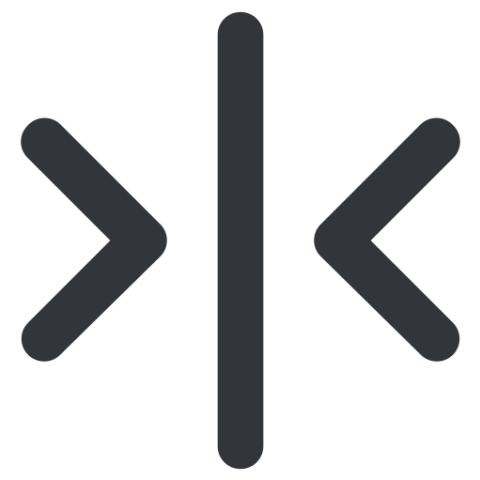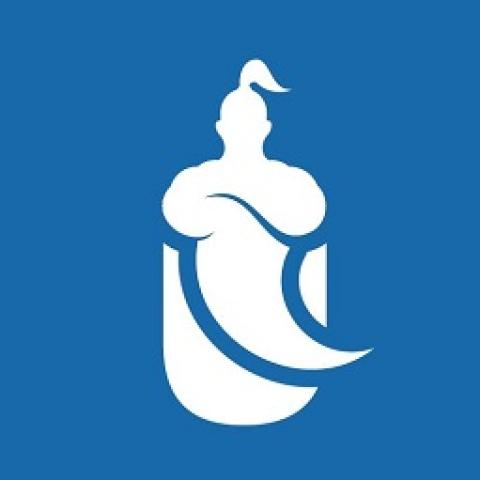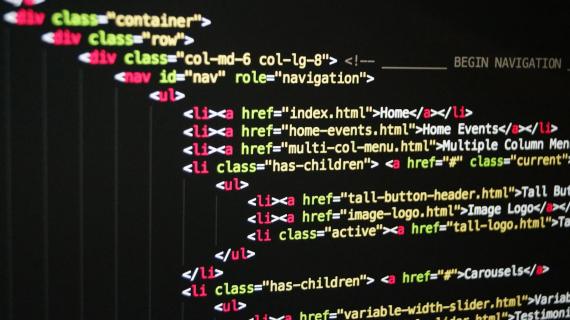Laravel has quickly become one of the leading PHP frameworks. Its elegant syntax, powerful features, and strong community backing make it a top choice for developers. This article delves into what makes Laravel development stand out and why it is considered the best PHP framework for modern web applications.
What is Laravel?
Laravel is an open-source PHP framework designed to make the development process easier and more efficient. It follows the Model-View-Controller (MVC) architectural pattern, which separates the application's logic from its presentation. This separation ensures a cleaner code and better organization.
History of Laravel
Laravel was created by Taylor Otwell in 2011 as an attempt to provide a more advanced alternative to the CodeIgniter framework. Since its inception, Laravel has undergone numerous updates and improvements, each enhancing its functionality and performance. Today, it is one of the most widely used PHP frameworks globally.
Key Features of Laravel
1. Elegant Syntax
One of the primary reasons for Laravel’s popularity is its elegant syntax. Laravel's code is clean and expressive, making it easier for developers to read and write. This design reduces the learning curve and enhances productivity.
2. Eloquent ORM
Eloquent ORM (Object-Relational Mapping) is Laravel’s built-in database management system. It allows developers to interact with databases using an object-oriented syntax, simplifying complex database queries and operations.
3. Blade Templating Engine
The Blade templating engine is a simple yet powerful tool for creating dynamic web pages. It allows developers to use plain PHP code in their views, making it easy to integrate logic into templates without compromising performance.
4. Built-in Authentication
Authentication is a crucial aspect of web development. Laravel offers a secure, built-in authentication system that's easy to implement. It includes features like user registration, login, password reset, and more.
5. Artisan CLI
The Artisan Command Line Interface (CLI) is an essential tool that simplifies repetitive tasks in Laravel development. From database migrations to generating boilerplate code, Artisan CLI boosts productivity and saves time.
6. Middleware
Middleware in Laravel lets developers manage HTTP requests efficiently. This feature is particularly useful for tasks like authentication, logging, and data manipulation.
7. Task Scheduling
Task scheduling is a breeze with Laravel’s built-in scheduling system. Developers can easily schedule repetitive tasks using a simple, expressive syntax. This feature enhances the efficiency and reliability of web applications.
8. Unit Testing
Laravel comes with built-in support for unit testing, ensuring that applications are reliable and bug-free. Developers can write and run tests easily, improving code quality and reducing the risk of errors.
9. Robust Security
Security is a top priority in web development, and Laravel excels in this area. It includes features like password hashing, encryption, and protection against common web vulnerabilities like SQL injection and cross-site scripting (XSS).
10. Community and Support
Laravel enjoys a vibrant and engaged developer community. This means that finding support, tutorials, and packages is easy. The community contributes to Laravel’s continuous improvement and ensures that it remains up-to-date with the latest web development trends.
Advantages of Using Laravel
1. Rapid Development
One of the biggest advantages of Laravel development is the speed at which developers can build applications. The framework’s built-in tools and features streamline the development process, allowing for rapid prototyping and deployment.
2. Scalability
Laravel's scalability makes it perfect for projects of any size. Whether you are building a small website or a large enterprise application, Laravel can handle the load efficiently.
3. Cost-Effective
Being open-source, Laravel is free to use. This significantly reduces development costs, especially for small businesses and startups. Additionally, Laravel’s efficient development process saves time and resources.
4. Flexibility
Laravel’s flexibility is another reason for its popularity. Developers can customize and extend the framework to meet specific project requirements. Laravel's adaptability allows it to be customized for a wide range of applications.
5. Robust Ecosystem
The Laravel ecosystem is extensive, with a wide range of tools and packages available. From Laravel Forge for server management to Laravel Nova for admin panel development, the ecosystem enhances productivity and functionality.
6. Easy Maintenance
Laravel’s clean and modular code structure makes maintenance easy. Developers can quickly identify and fix issues, ensuring that applications remain functional and up-to-date.
7. SEO-Friendly
Laravel is inherently SEO-friendly, with features like clean URLs and fast page load times. This ensures that applications built with Laravel perform well in search engine rankings.
Challenges of Laravel Development
1. Learning Curve
While Laravel is user-friendly, it does have a learning curve, especially for beginners. However, with extensive documentation and community support, developers can quickly get up to speed.
2. Performance
Although Laravel is performant, it may not be the fastest framework for all use cases. However, with proper optimization and caching, performance issues can be mitigated.
3. Hosting
Finding the optimal hosting environment for Laravel applications can be tricky. However, with services like Laravel Forge, developers can easily deploy and manage their applications.
Conclusion
Laravel stands out as the best PHP framework due to its elegant syntax, robust features, and active community support. It simplifies the development process, enhances productivity, and ensures the creation of high-quality web applications. Whether you are a seasoned developer or a beginner, Laravel offers the tools and resources needed to build modern, scalable, and efficient web applications.
FAQs
1. What makes Laravel the best PHP framework?
With its clear syntax, robust functionality, and active community, Laravel stands out as the leading PHP framework.
2. How does Laravel improve development speed?
Laravel includes built-in tools and features that streamline the development process, allowing for rapid prototyping and deployment.
3. Is Laravel suitable for large-scale applications?
Yes, Laravel is highly scalable and can handle projects of all sizes, from small websites to large enterprise applications.
4. How does Laravel ensure security?
Laravel includes security features like password hashing, encryption, and protection against common web vulnerabilities.
5. What are the main features of Laravel?
Notable features of Laravel include the Eloquent ORM, Blade templating engine, integrated authentication, Artisan CLI, and comprehensive security measures.





